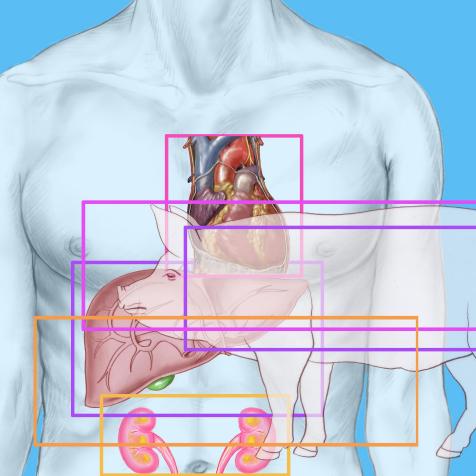
RunPhoto
Can this New 'iTEARS' Technology Help Detect Diseases?
New technology is helping scientists decipher microscopic tear particles to offer clues to what’s going on inside the body. With a simple few drops of tears, this technology can help doctors and scientists detect eye disease and signs of diabetes.
A team of Chinese researchers has begun to open this window into health from a few droplets. A biomedical engineer at Wenzhou Medical University, Fei Liu said, “We wanted to demonstrate the potential of using tears to detect disease”.
Their technology, aptly named ‘iTEARS’, uses tears’ exosomes or ‘tiny sacs’ that have cellular messages that provide health intel. Similar to saliva or urine tests, iTEARS collect these exosomes to collect data but the number of exosome sacs present in tears is much smaller than in other bodily fluids.
The scientific team used their ‘nanomembrane’ system to separate and purify exosomes from tears, letting the smaller molecules escape. Using their exosomes’ data, scientists were able to understand the biomarker information that the exosomes left behind. Enabling them to see different types of dry-eye disease and diabetes progression. The initial results are promising, opening the door to a less invasive and timely way of diagnosing more diseases using only our tears.
Liu and his team have hopes that people will one day be able to conveniently and quickly test their own tears at home. iTEARS presents a more effective and less invasive method of diagnosis for patients that can connect diagnosis with presenting symptoms.












.jpg.rend.hgtvcom.476.476.suffix/1658439748057.jpeg)